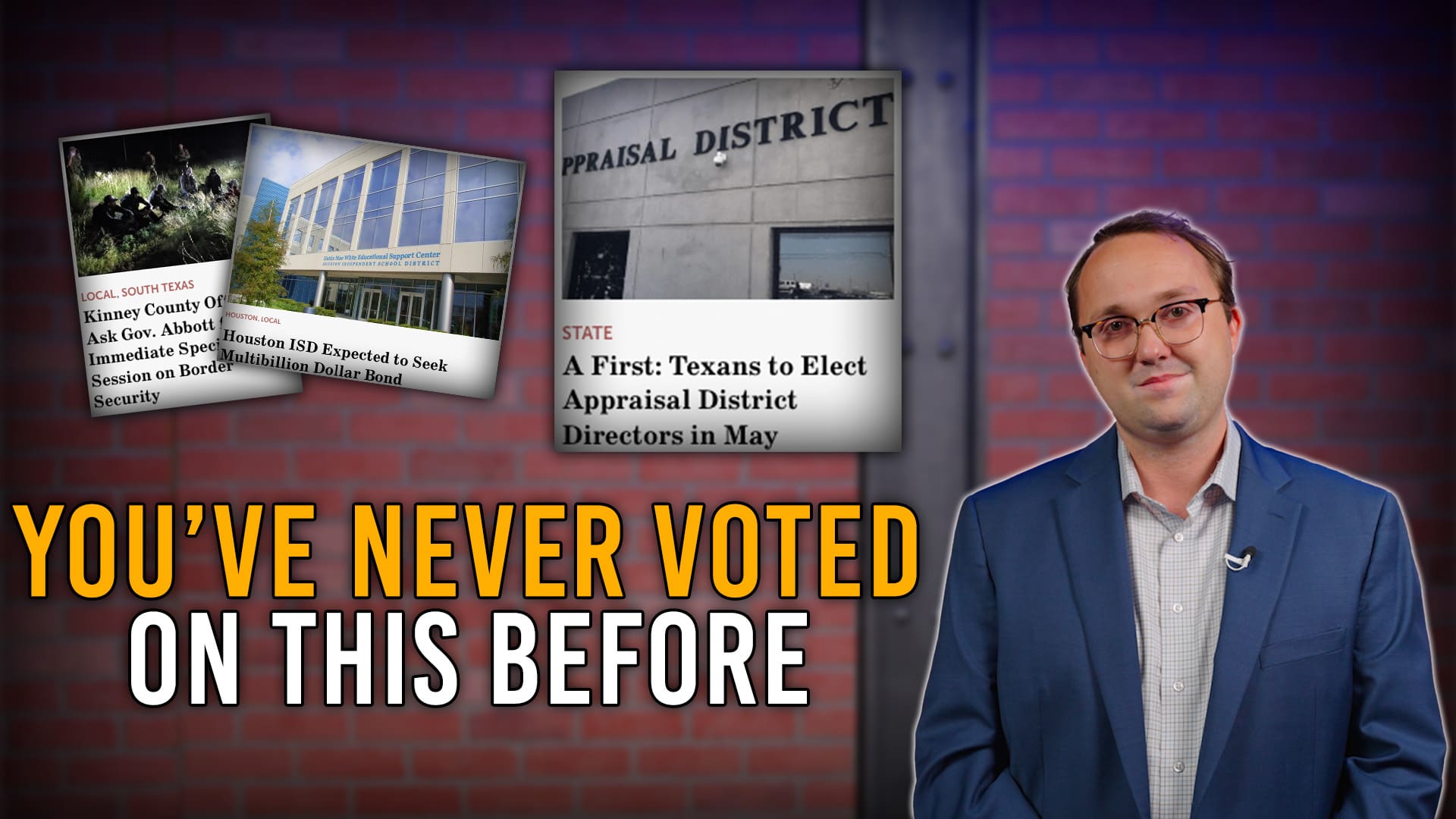The Austin American Statesman’s editorial board is breathlessly writing that “Smarter teachers leave sooner.†Texas is facing a worsening shortage of qualified teachers in science, math and other highly-specialized fields. Could that be because we let crummy teachers stay in the classroom as long as they want, and pay them the same thing we pay the very best teachers? Yes, but don’t confuse commonsense with Texas’ education policies.
According to the teacher union spokesman, half of the state’s teachers are in school districts that have a starting salary of $40,000. And, generally, that’s for a single, 22-year-old. The median household income in Texas is $44,000, and the average teacher pay is $44,897.
NOTE: Yeah, yeah, Texas doesn’t have teacher unions, they are “associations,†blah blah. If it waddles and quacks, it’s a teacher union representative on a smoke break.
Within a couple of years, the best and brightest teachers are leaving, the article claims, because they don’t see their pay increase.
Well, that’s just not true. Every teacher in Texas – good or bad, highly specialized in science or just a playground supervisor – all receive pay raises every year. The very worst teacher in any given school district gets the exact same raise as the very best. For that reason, the pay raise is miniscule.
So what’s the solution? According to the teacher unions, we need to raise the average pay. We have to remember that unions exist to protect the very worst employees. (Good employees who can compete across professions and employers don’t need union thugs representing them.) Which explains the common solution: increase everyone’s pay. The union cannot admit there are bad employees – because those are the people who serve as local campus reps for the union itself!
For the adults in the conversation, the solution is two-fold: fire the worst teachers, then differentiate pay based on the needs of the education market. A 25-year-old teaching advanced mathematics or with a specialized skill in foreign languages should probably make more than the 35-year-old who teaches finger-painting.
Of course, the real solution is to allow school choice, in which many schools would be competing for teachers, driving up their pay. Right now, government schools have a monopoly on the education market, which suppresses teacher wages. Until the market is free, teachers can expect very little in the way of substantive reform.




